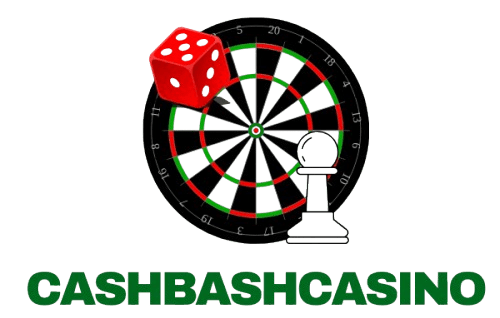Throughout gaming history, certain best games have become synonymous with entire console generations, shaping players’ abditogel experiences and expectations in lasting ways. These games not only showcased the hardware’s potential but also captured the cultural zeitgeist, inspiring countless sequels and spiritual successors. For example, The Legend of Zelda: Ocarina of Time defined the Nintendo 64 era with its revolutionary 3D open world and immersive gameplay, setting standards still influential today.
On PlayStation consoles, titles like Metal Gear Solid for the original PlayStation pushed cinematic storytelling into gaming’s mainstream, blending stealth mechanics with a complex narrative. Moving forward, Uncharted: Drake’s Fortune on the PS3 introduced Hollywood-style action and character-driven storytelling that redefined what PlayStation games could achieve. These titles not only entertained but shaped the identity of their platforms and the tastes of millions.
The PSP also had its share of generation-defining games. Monster Hunter Freedom brought a new multiplayer-focused RPG experience to handhelds, creating a passionate fan base and influencing the design of future portable games worldwide. Likewise, God of War: Chains of Olympus translated the intense, visceral action of the console series into a handheld format without sacrificing quality or scope.
Games that define generations are about more than just fun—they represent milestones in technology, creativity, and player engagement. They become benchmarks by which new titles are measured, and their legacy echoes in gaming culture for decades.
PlayStation has long been a platform where storytelling transcends traditional boundaries, blending cinematic techniques with interactive gameplay. The best PlayStation games don’t just tell stories; they immerse players in emotionally charged narratives where player choices and character development take center stage. These games have changed the way we think about storytelling in video games.
